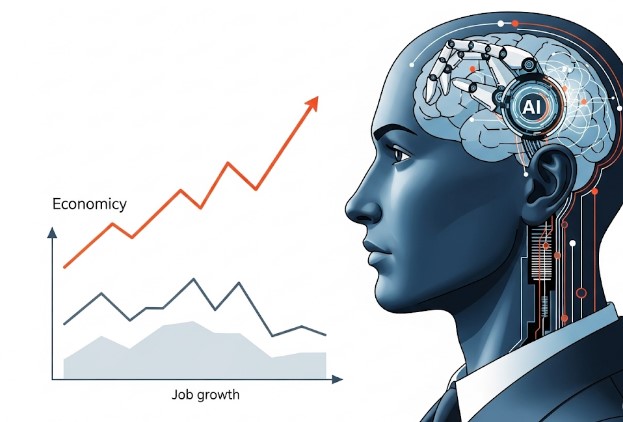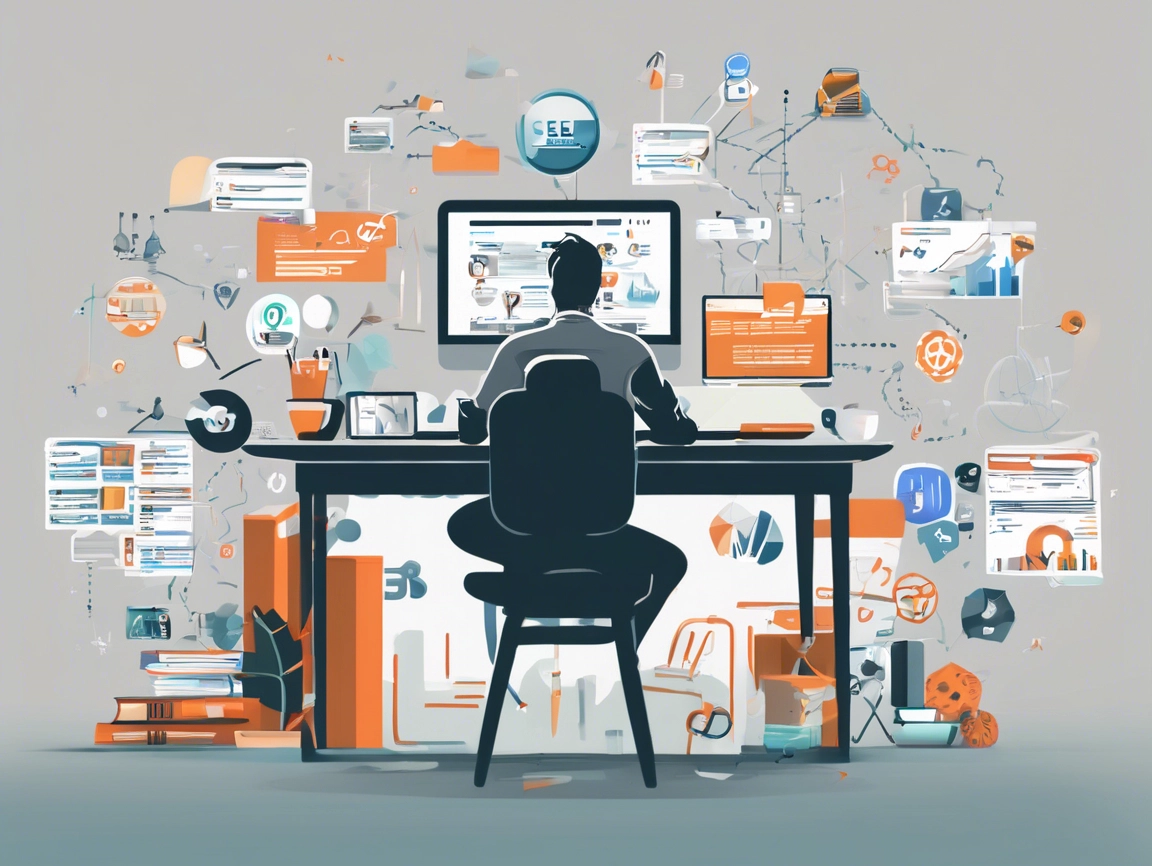AI May Trigger a “Jobless Recovery” for Knowledge Workers, JPMorgan Warns 🤖💼
Introduction
JPMorgan analysts have raised concerns that AI could lead to a “jobless recovery” for knowledge workers. While AI tools boost productivity, they also reduce the need for entry-level and mid-level employees in sectors like finance, tech, and consulting. Freelancers and digital entrepreneurs need to understand these trends to adapt their careers, find new opportunities, and stay relevant in a rapidly changing market.
What a Jobless Recovery Means
A “jobless recovery” occurs when the economy grows but employment opportunities, especially for knowledge workers, remain limited. Key points include:
- Automation of repetitive tasks – AI performs data analysis, reporting, and research faster than humans.
- Reduced entry-level hiring – Fewer positions for fresh graduates and junior staff.
- Skill mismatch – Workers’ existing skills may not align with AI-driven demands.
Example: A finance firm adopted AI-powered reporting tools, reducing the need for two junior analysts while increasing overall productivity.
How Knowledge Workers Can Adapt
- Upskill in AI-complementary roles – Learn AI model evaluation, prompt engineering, or data interpretation.
- Focus on creativity and critical thinking – Human judgment, negotiation, and client communication remain vital.
- Pursue freelancing opportunities – Specialized consulting or project-based work can replace traditional employment gaps.
- Network in AI-focused communities – LinkedIn groups, GitHub, and AI meetups can provide leads and collaboration opportunities.
Mini Case Study: A data analyst pivoted to AI strategy consulting, combining human expertise with AI tools, and increased income by 35% in six months.
Opportunities for Freelancers in an AI Job Market 💡
- AI-assisted consulting – Advising businesses on AI integration strategies.
- Content creation – Explaining AI trends to niche audiences.
- Training and education – Helping employees adapt to AI tools.
- Tool development – Freelancing on AI plugin or app creation.
Tip: Market yourself as someone who bridges the gap between AI and human expertise—this niche is in high demand.
Practical Steps to Stay Ahead 🛠️
- Continuous learning: Platforms like Coursera, Udemy, or LinkedIn Learning.
- Build a personal brand: Share insights about AI and your role as a human expert.
- Diversify projects: Mix freelance consulting, content creation, and digital products.
- Track industry news: Follow JPMorgan research, TechCrunch, and AI blogs for trends.
Conclusion & Call-to-Action ✅
AI may create a “jobless recovery” for traditional knowledge workers, but freelancers and digital entrepreneurs can turn this challenge into opportunity. By upskilling, specializing, and positioning themselves as AI-human bridges, they can thrive in the new economy.
🔥 Your Action Step: Comment with the AI skills you’re focusing on, share this article with peers, and subscribe to get more insights on navigating AI-driven job shifts.






Leave a Reply